1. Symphony No. 9 in G Major: I. Allegro Assai
Composer: Hébert Leemans
Artist(s): Vlad Weverbergh, Terra Nova Collective
2. Symphony No. 9 in G Major: II. Andante
Composer: Hébert Leemans
Artist(s): Vlad Weverbergh, Terra Nova Collective
3. Symphony No. 9 in G Major: III. Menuetto
Composer: Hébert Leemans
Artist(s): Vlad Weverbergh, Terra Nova Collective
4. Symphony No. 9 in G Major: IV. Presto
Composer: Hébert Leemans
Artist(s): Vlad Weverbergh, Terra Nova Collective
5. Symphony No. 4 in C Major: I. Allegro
Composer: Hébert Leemans
Artist(s): Vlad Weverbergh, Terra Nova Collective
6. Symphony No. 4 in C Major: II. Adagio
Composer: Hébert Leemans
Artist(s): Vlad Weverbergh, Terra Nova Collective
7. Symphony No. 4 in C Major: III. Menuetto
Composer: Hébert Leemans
Artist(s): Vlad Weverbergh, Terra Nova Collective
8. Symphony No. 4 in C Major: IV. Presto
Composer: Hébert Leemans
Artist(s): Vlad Weverbergh, Terra Nova Collective
9. Symphony No. 3 in E Flat Major: I. Allegro
Composer: Hébert Leemans
Artist(s): Vlad Weverbergh, Terra Nova Collective
10. Symphony No. 3 in E Flat Major: II. Adagio
Composer: Hébert Leemans
Artist(s): Vlad Weverbergh, Terra Nova Collective
11. Symphony No. 3 in E Flat Major: III. Menuetto
Composer: Hébert Leemans
Artist(s): Vlad Weverbergh, Terra Nova Collective
12. Symphony No. 3 in E Flat Major: IV. Presto ma non troppo
Composer: Hébert Leemans
Artist(s): Vlad Weverbergh, Terra Nova Collective
1. Symphony No. 12 in D Major: I. Allegro moderato
Composer: Hébert Leemans
Artist(s): Vlad Weverbergh, Terra Nova Collective
2. Symphony No. 12 in D Major: II. Andante grazioso
Composer: Hébert Leemans
Artist(s): Vlad Weverbergh, Terra Nova Collective
3. Symphony No. 12 in D Major: II. Tempo da caccia
Composer: Hébert Leemans
Artist(s): Vlad Weverbergh, Terra Nova Collective
4. Symphony No. 7 in F Major: I. Allegro
Composer: Hébert Leemans
Artist(s): Vlad Weverbergh, Terra Nova Collective
5. Symphony No. 7 in F Major: II. Andante
Composer: Hébert Leemans
Artist(s): Vlad Weverbergh, Terra Nova Collective
6. Symphony No. 7 in F Major: III. Menuetto
Composer: Hébert Leemans
Artist(s): Vlad Weverbergh, Terra Nova Collective
7. Symphony No. 7 in F Major: IV. Presto
Composer: Hébert Leemans
Artist(s): Vlad Weverbergh, Terra Nova Collective
8. Symphony No. 11 in C Major: I. Allegro
Composer: Hébert Leemans
Artist(s): Vlad Weverbergh, Terra Nova Collective
9. Symphony No. 11 in C Major: II. Andante poco adagio
Composer: Hébert Leemans
Artist(s): Vlad Weverbergh, Terra Nova Collective
10. Symphony No. 11 in C Major: III. Presto
Composer: Hébert Leemans
Artist(s): Vlad Weverbergh, Terra Nova Collective

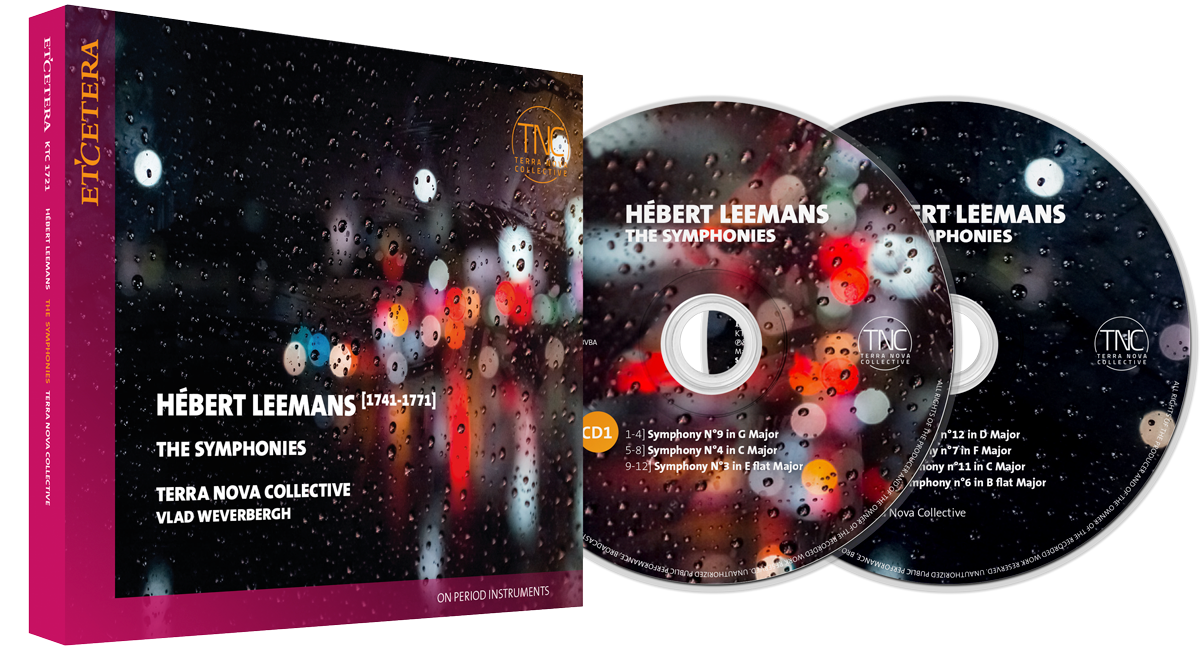
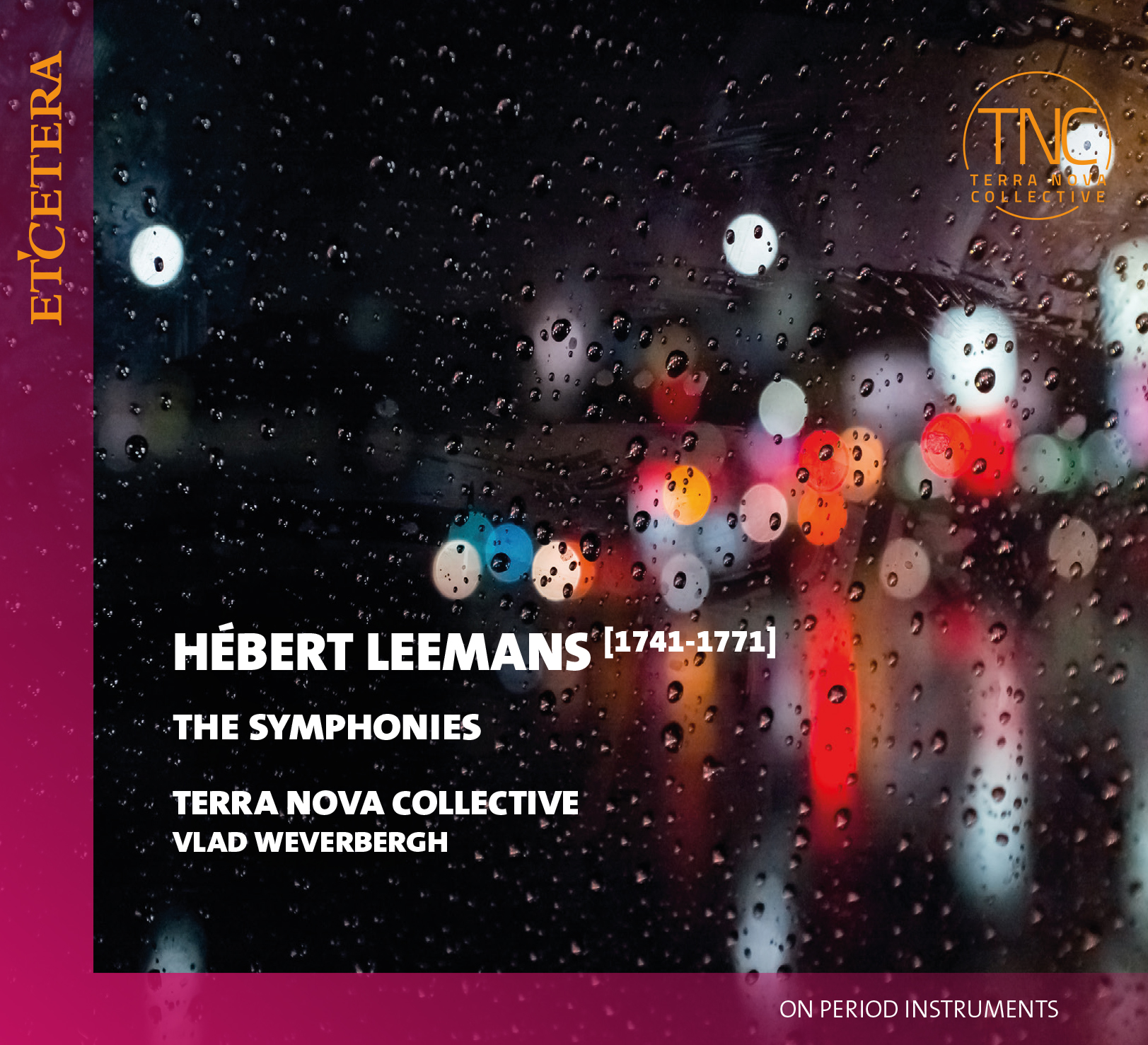
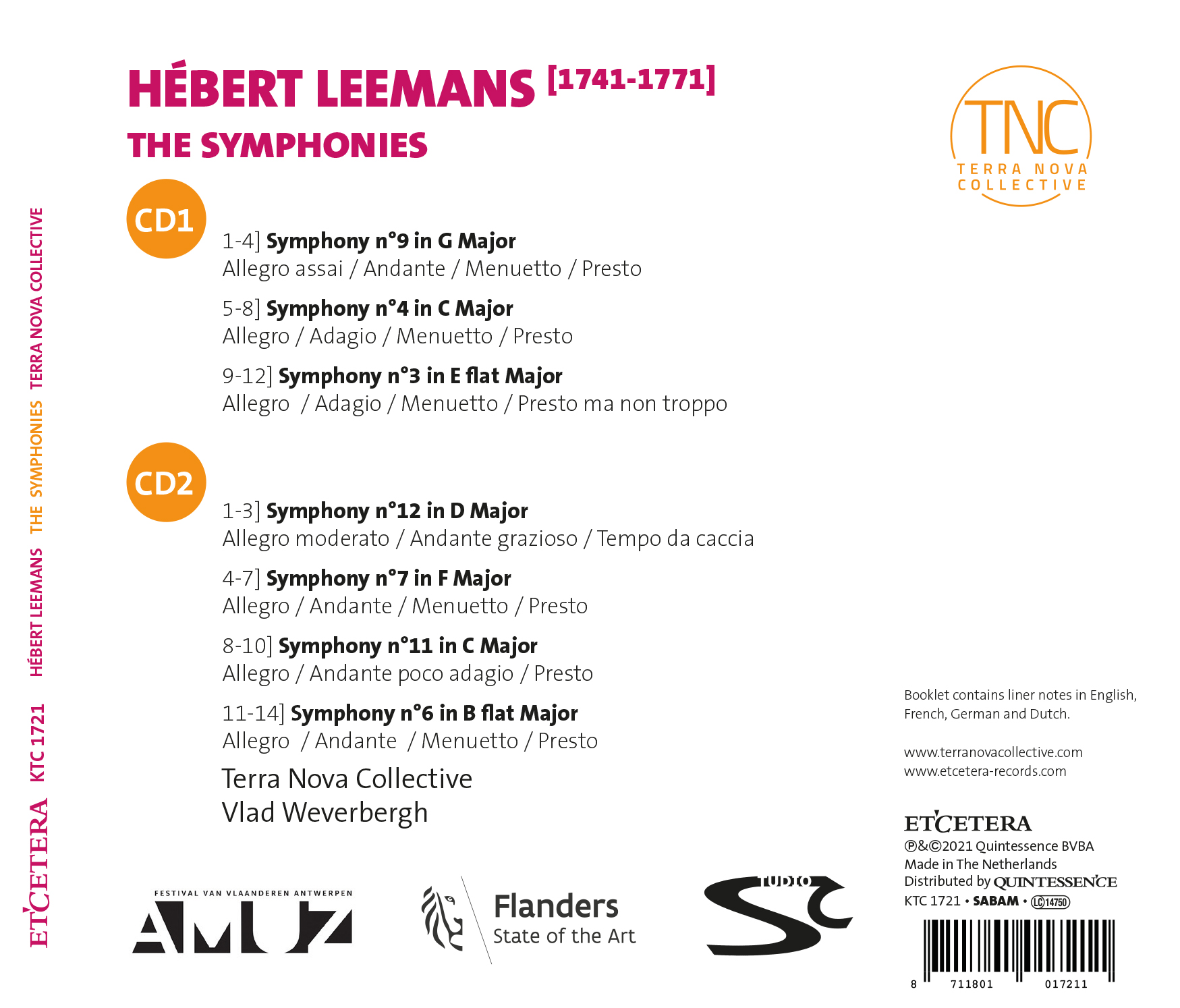

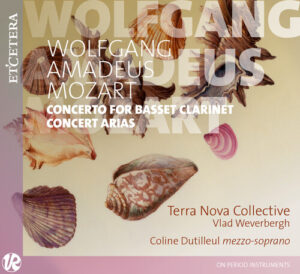
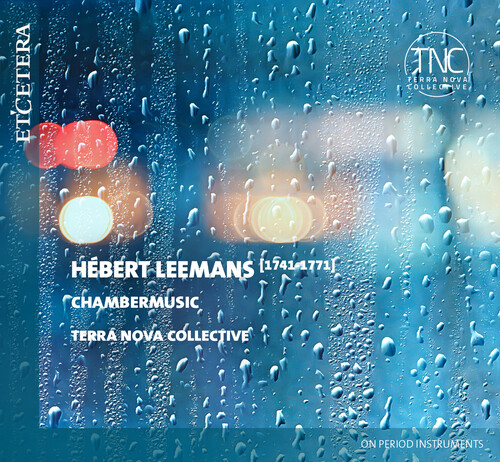
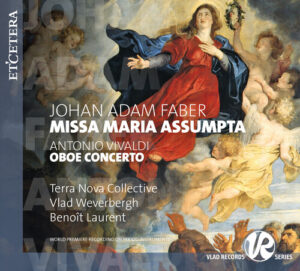
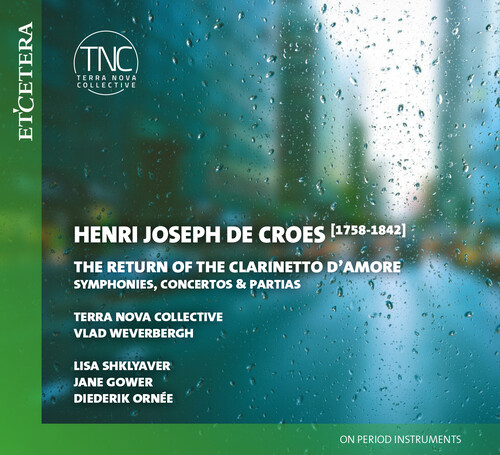
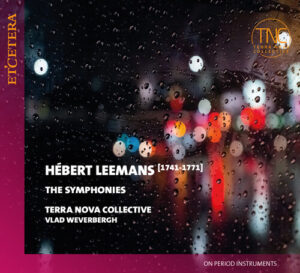
Reviews
There are no reviews yet.